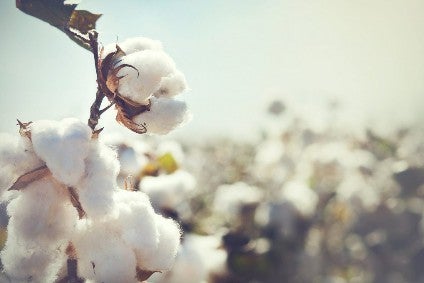
The new study: ‘Towards more sustainable cotton farming in India’, conducted by Wageningen University with research between 2019 and 2022, shows how cotton farmers who implemented Better Cotton recommended agricultural practices achieved improvements in profitability, reduced synthetic input use, and overall sustainability in farming.
The study examined farmers in the Indian regions of Maharashtra (Nagpur) and Telangana (Adilabad), and compared the results with control group farmers in the same areas who did not follow Better Cotton guidance.
Better Cotton works with programme partners at farm level to enable farmers to adopt more sustainable practices, for example, better managing pesticides and fertilisers.
The study found that Better Cotton farmers were able to reduce costs, improve overall profitability, and safeguard the environment more effectively, compared with non-Better Cotton farmers.
Overall, Better Cotton farmers decreased their costs for synthetic insecticide by almost 75%; a notable decrease compared to non-Better Cotton farmers. On average, Better Cotton farmers in Adilabad and Nagpur saved $44 per farmer during the season on synthetic insecticides and herbicides expenses during the season, “significantly” reducing their costs and their environmental impact.
Better Cotton farmers in Nagpur received around US$0.135/kg more for their cotton than non-Better Cotton farmers, the equivalent of a 13% price increase. Overall, Better Cotton contributed to an increase in farmers’ seasonal profitability of $82 per acre, equivalent to about $500 income for an average cotton farmer in Nagpur.

US Tariffs are shifting - will you react or anticipate?
Don’t let policy changes catch you off guard. Stay proactive with real-time data and expert analysis.
By GlobalDataFor the baseline, the researchers surveyed 1,360 farmers. The majority of farmers involved were middle-aged, literate smallholders, who use most of their land for agriculture, with around 80% used for cotton farming.
Better Cotton CEO, Alan McClay said: “Better Cotton strives to ensure that cotton production is more sustainable. It’s important that farmers see improvements to their livelihoods, which will incentivise more farmers to adopt climate resilient agricultural practices. Studies like these show us that sustainability pays off, not just for reducing environmental impact, but also in overall profitability for farmers. We can take the learnings from this study and apply it in other cotton-growing regions.”
Click here to view the full report.
Earlier this month Better Cotton announced plans to change its Chain of Custody models to enable traceability.
Changes to the new Chain of Custody (COC) Standard — previously called the ‘COC Guidelines’ – will be made by the end of 2022 with the public consultation now live. This is expected to conclude on 25 November.



